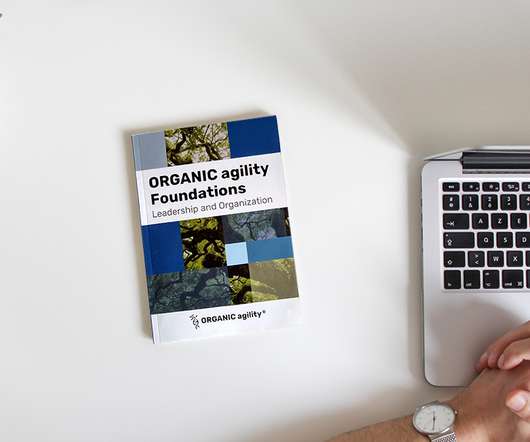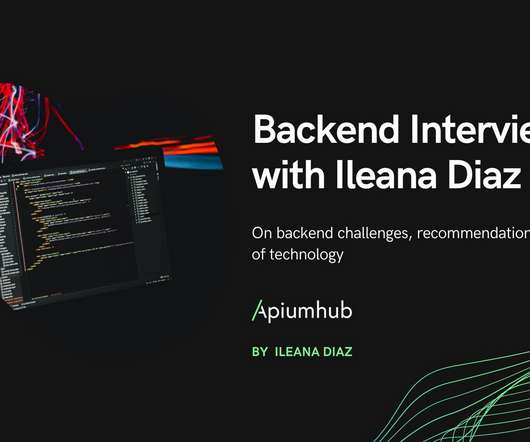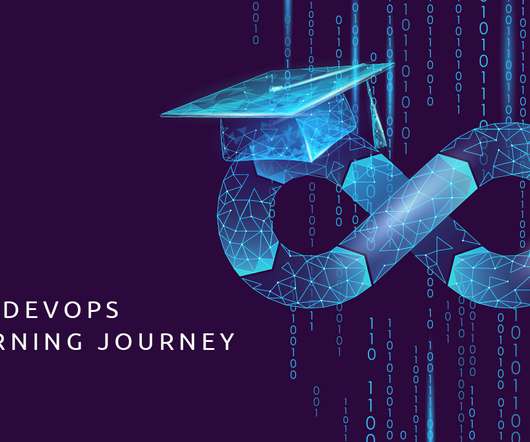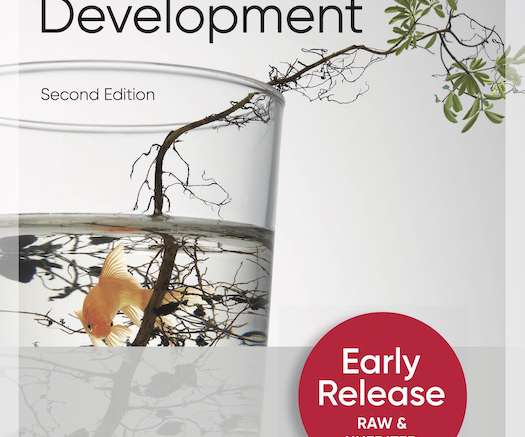ORGANIC agility: The handbook is now here!
Agile42
APRIL 24, 2020
For most readers of this blog, there will be nothing new about the words “ORGANIC agility”. Put simply, ORGANIC agility decenters the mechanical approach that sees organizations as machines built of discrete parts but sees them instead as living networks of relationships between people. appeared first on agile42.

























Let's personalize your content